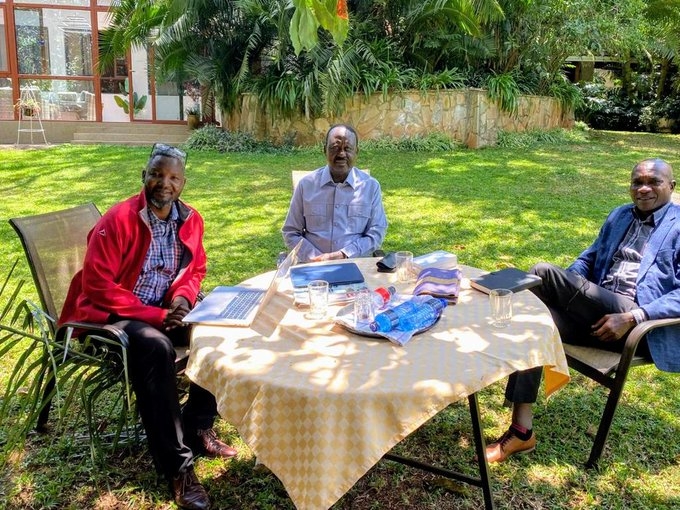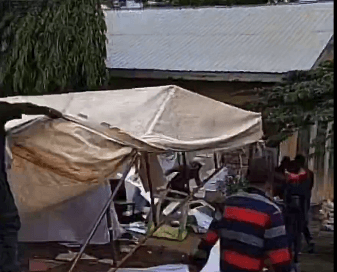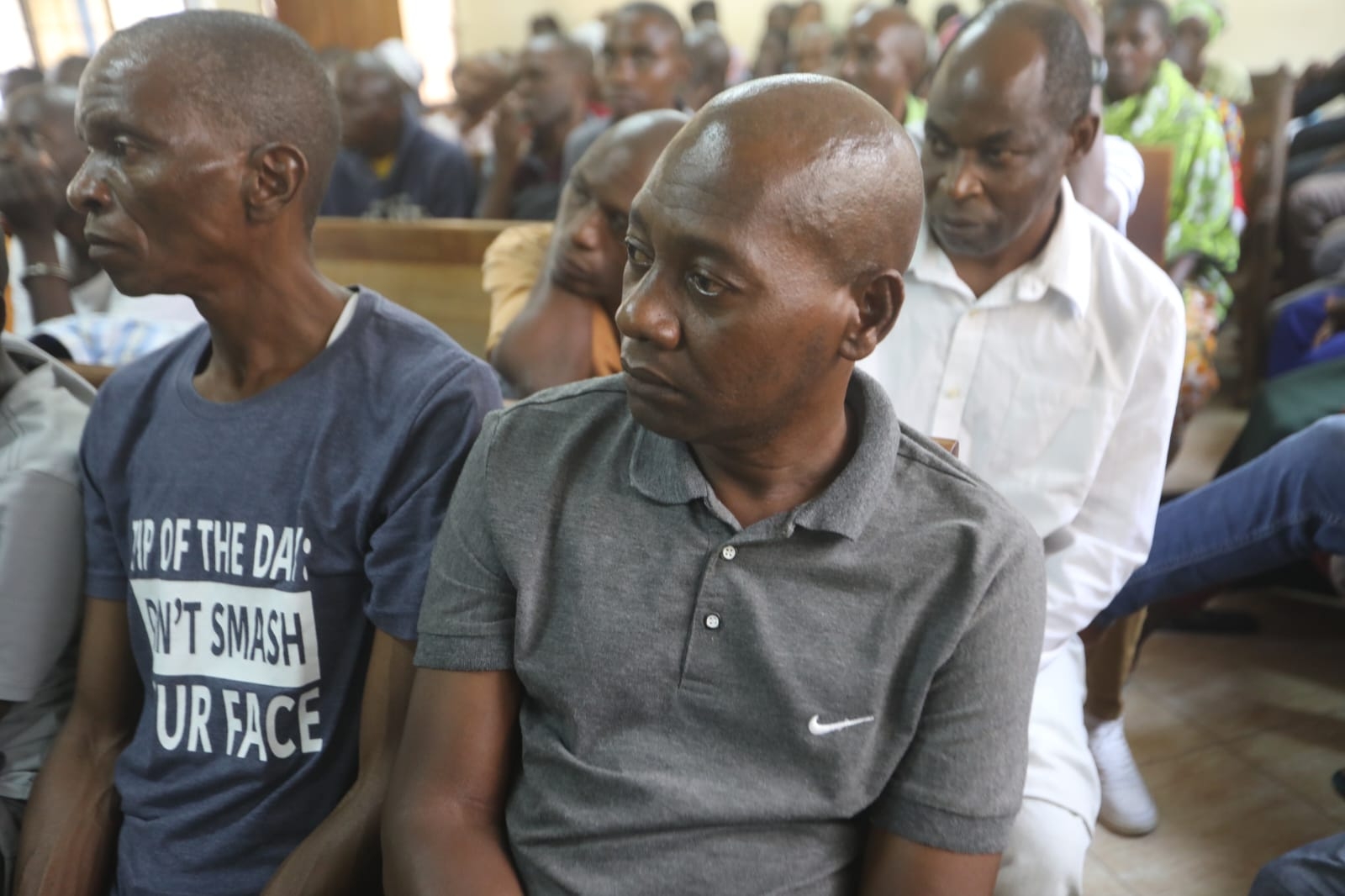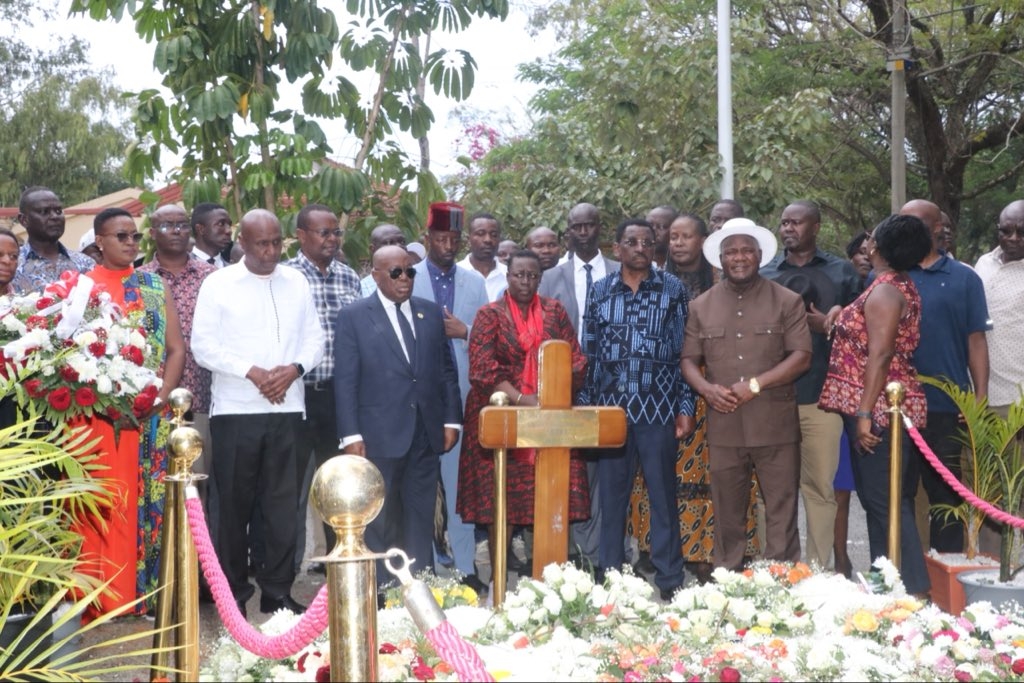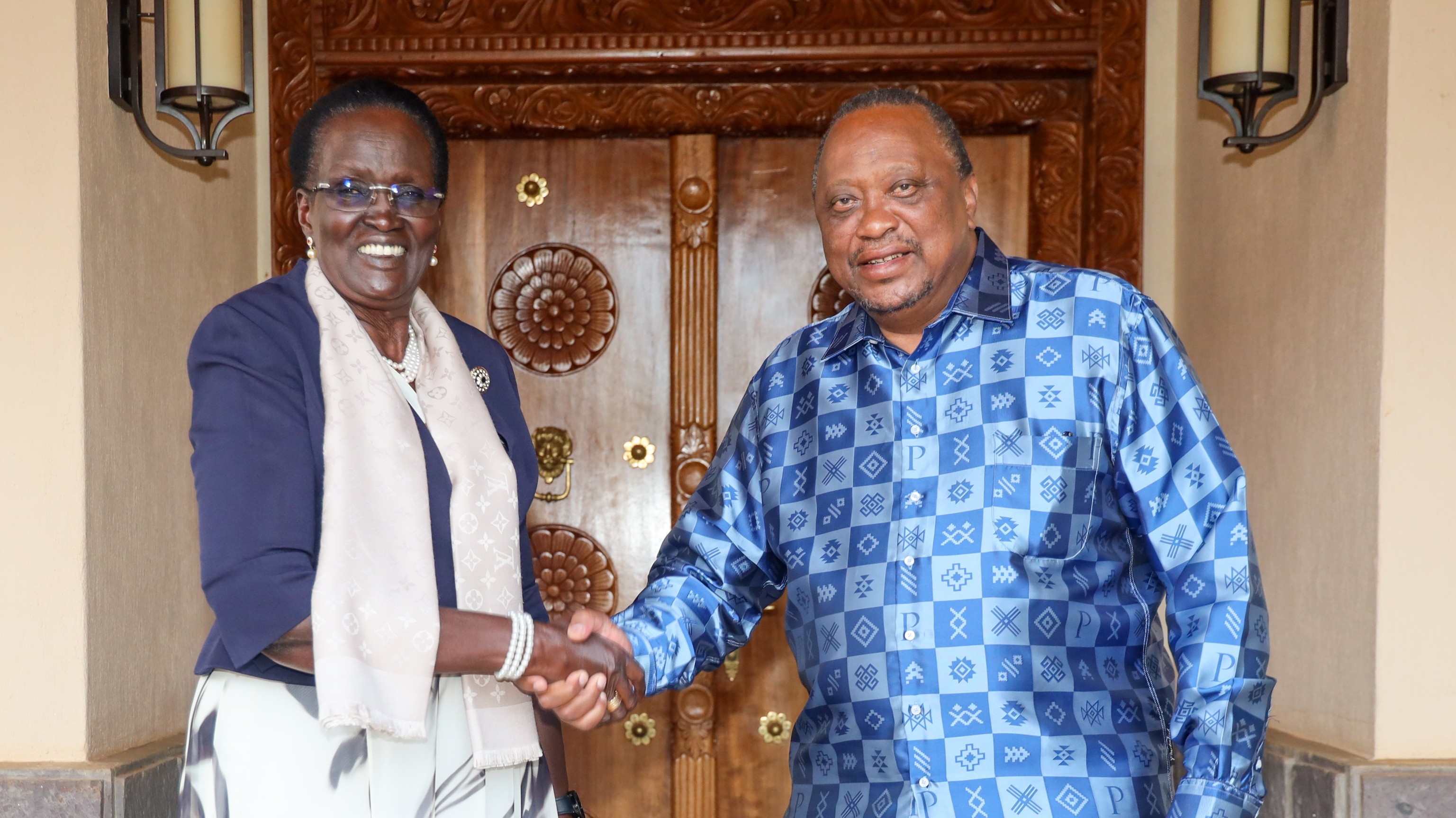Some health facilities are yet to benefit from the Linda Mama programme, more than five years after its launch.
Of concern is that most of the facilities not submitting claims are cash starved, yet the mothers who come to them are vulnerable and qualify for Linda Mama.
“Some of them are just not aware, they are not tracking. They can’t tell you how many services they were supposed to have claimed from Linda Mama, how many they have claimed and what is pending,” ThinkWell Kenya country director Anne Musuva said on Tuesday.
Linda Mama is a public funded scheme that aims to ensure pregnant women and their infants have access to quality and affordable health services.
The government in 2013 removed all user fees at public primary care facilities and discontinued fees for all deliveries in the public sector under the Free Maternity Scheme.
The Ministry of Health transferred the Free Maternity Scheme to the NHIF, at which point it was renamed Linda Mama.
Mothers must go to a health facility to be registered. The health facility then provides services including antenatal, postnatal or delivery.
The facility then fills out a claim form for the services rendered and sends it to NHIF for reimbursement.
An overview of the implementation programme conducted by ThinkWell found that lack of basic facilities especially at Level 2 and 3 hospitals contributed to failure to claim the reimbursement, despite offering services.
ThinkWell is a health systems development organisation focused on helping countries to achieve universal health coverage.
It has been working with the ministry and other partners to provide targeted technical support to county governments in Isiolo, Kilifi, and Makueni for improved implementation of the Linda Mama scheme.
However, several years down the line, there are many counties with facilities that have never participated in the Linda Mama programme.
“Some of the issues are more operational, logistical issues for example the facility may not have a clerk who focuses on Linda Mama because it is a lot of work to fill all these forms.
“The facility may also lack a photocopier because you may need to photocopy the ID of the mother, to attach to the claim form,” Musuva said.
In Makueni, out of the 22 public health facilities visited that were providing Linda Mama services, 45 per cent were not submitting claims.
Of the remaining 55 per cent submitting claims, only 42 per cent and 25 per cent were regularly claiming for ANC and PNC visits respectively.
As a result, these facilities lost significant revenues.
For instance, Makueni Referral Hospital claimed 50 per cent and 14 per cent of ANC and PNC visits, respectively.
The hospital lost out on Sh2.8 million in revenue from either not registering mothers accessing the remaining services or not submitting claims.
In addition, the Makueni Referral Hospital lost approximately 11 per cent of the total amount that could have been claimed for deliveries.
Other reasons for not submitting claims include lack of electricity, competing tasks, which make it difficult for staff at health facilities to file claims.
Also demotivation of staff at health facilities to take on ‘extra’ tasks associated with NHIF claims.
The demotivation has been associated with lack of financial autonomy by health facilities. The money goes to the county revenue fund hence healthcare workers lack the incentives to fill the forms as they will ‘never see the money’.
However, some health facilities reorganised their teams to share tasks associated with Linda Mama claims reimbursement.
ThinkWell has been working with the counties to address these issues.
This includes working with them to develop legislation that enables them to have autonomy and tools to track the claims over time.
(Edited by Bilha Makokha)
“WATCH: The latest videos from the Star”

